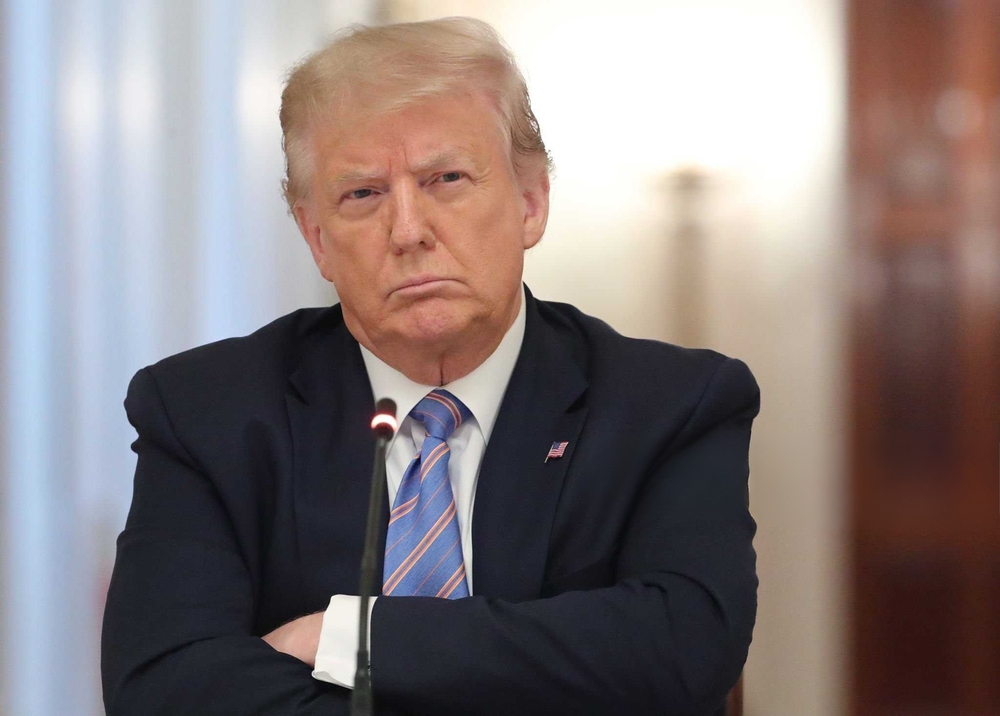President’s executive order prioritizing white South African refugees draws criticism amid complex racial dynamics
Controversial refugee policy shift raises concerns
In an unprecedented policy shift that has ignited international debate, former President Donald Trump has issued an executive order prioritizing asylum for white South Africans, marking a dramatic departure from his previous stance on refugee admissions. The February 2025 directive, which specifically targets South Africans of European descent, has drawn sharp criticism from civil rights advocates and policy experts who view it as a concerning development in U.S. immigration policy.
Policy implementation and rationale
The executive order, which reverses Trump’s previous suspension of the U.S. refugee program, instructs government officials to expedite the resettlement of white South Africans. The policy change centers on South Africa’s land expropriation legislation, which Trump’s administration has characterized as discriminatory against white landowners. However, this interpretation has faced significant pushback from legal experts and human rights organizations who argue it misrepresents the complex nature of South Africa’s land reform efforts.
Historical context and contemporary implications
The policy announcement cannot be separated from South Africa’s complex racial history, particularly the legacy of apartheid that formally ended in 1992. The systematic discrimination that characterized the apartheid era continues to influence contemporary discussions about land ownership and economic opportunity in South Africa. The current land reform initiatives, rather than targeting specific racial groups, aim to address historical inequities in land distribution.
Influence of advocacy groups
The policy shift appears to have been significantly influenced by AfriForum, an organization representing white South African interests. The group’s advocacy efforts have gained traction despite criticism from human rights organizations regarding their portrayal of current conditions in South Africa. Their campaign has successfully attracted attention from prominent figures, including tech entrepreneur Elon Musk, who has voiced concerns about South African government policies.
Technology sector involvement and economic factors
The intersection of technology and politics has become increasingly apparent in this situation, particularly through Musk’s involvement. His criticism of South African telecommunications regulations, which he claims have hindered Starlink’s operations in the country, has added an economic dimension to the debate. These business-related grievances have become intertwined with broader discussions about racial equality and economic opportunity in post-apartheid South Africa.
International relations and diplomatic response
The South African government has responded to these developments with measured diplomacy. Rather than escalating tensions, South African leadership has sought to engage in dialogue with key figures, including direct communication with Musk to address concerns about investment regulations and business operations. This approach reflects an understanding of the delicate balance between addressing historical injustices and maintaining international relationships.
Impact on global refugee policy
The precedent set by this targeted asylum policy raises significant questions about the future of refugee protection systems globally. Traditional refugee programs typically prioritize individuals based on immediate danger rather than racial or ethnic background. This deviation from established norms has prompted debate among international policy experts about the potential consequences for global refugee protection standards.
Domestic and international reactions
The response to Trump‘s executive order has revealed deep divisions in both American and South African society. While some groups have welcomed the policy as necessary protection for a vulnerable population, others view it as a dangerous precedent that could undermine principles of racial equality and fair refugee protection. Civil rights organizations have expressed particular concern about the potential normalization of race-based asylum priorities.
Looking forward
The implementation of this asylum policy will likely face significant legal and practical challenges. Questions remain about how such a racially specific refugee program would operate within existing international law frameworks and U.S. immigration systems. The policy’s future may ultimately depend on legal challenges and potential shifts in political leadership.
The controversy surrounding this executive order highlights the ongoing challenges of addressing historical injustices while maintaining equitable modern governance systems. As both countries grapple with their respective racial histories and current social dynamics, the impact of this policy will likely resonate beyond immediate immigration concerns, potentially influencing international relations and domestic social policies in both nations.
The situation continues to evolve, with implications for U.S.-South Africa relations, international refugee policy, and broader discussions about racial equality and historical justice. As various stakeholders navigate these complex issues, the global community watches closely to see how this unprecedented policy approach will affect international standards for refugee protection and racial equity in immigration systems.
















